Gender and disability advocates have highlighted how social norms in West African communities tacitly promote exclusion of people with disabilities and allow gender-based violence (GBV) to thrive.
The experts participated in an intersectional panel discussion which Ford Foundation hosted on the final day of the AFRICANXT 2023 event on Friday, 10th February, at the Landmark Event Centre, Victoria Island, Lagos, Nigeria.
Join our WhatsApp ChannelModerated by Olufunke Baruwa, Program Officer for Gender, Racial and Ethnic Justice Program of the Ford Foundation’s West Africa office, the intersectional session was anchored on the theme: “Social Norms as a Driver of Inequality (GBV) – An Intersectional Discussion.”
Members of the panel were: Lola Vivour-Adeniyi, Director General of the Domestic and Sexual Violence Agency (DSVRA), Lagos State; David Anyaele, Executive Director of the Centre for Citizens with Disabilities (CCD); and Dr Abiola Akiyode Afolabi, Executive Director, Women Advocates Research and Documentation Center (WARDC), who was represented by Ms Emanuella Azu, Program Director.
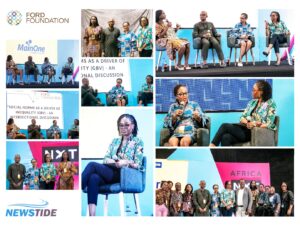
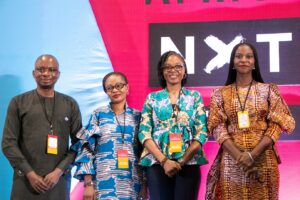
The Panel examined how social norms drive inequality and discrimination against women and girls and people with disabilities leading to gender-based violence.
Baruwa, a gender and development practitioner leading work on ending violence against women and girls on the West African front for Ford Foundation, said in her opening remarks that the session was to interrogate “the influence of negative gender social norms and cultural practices on how women and girls are viewed in the society. It would also help us create a space to discuss and develop an understanding of how culture itself, religion and even colonial norms help to place women in subordinate positions.”
One of the panellists, the Director of Programs for WARDC, Ms Emmanuela Azu, said most forms of violations particularly against women and girls were man-made cultural practices infused into religion as well, for validation.
Acknowledging that most of the triggers for gender-based violence (SGBV) are created from people’s socialisation process, Ms Azu said everyone must be involved in tackling the malaise, and there is need for reorientation.
“We need a mind-set shift. We really need to move our minds from where we presently are, to be able to see things differently and act differently,” Azu stated.
Azu explained that most gender based violence cases – even the minor ones – occur because people are generally ignorant of the fact that they are violations.
She said that one of the approaches by her organization WARDC is to approach traditional custodians who have influence in communities to make them understand the implications of certain acts so they can sensitise the people by themselves to reduce the incidents of GBV. According to her, the effort to end GBV is a collective one that must involve traditional rulers, political stakeholders, law enforcement agents, and many others.
David Anyaele of the CCD, who pushes for disability inclusion, said people with disabilities (PWDs) face heart-rending discrimination in communities where they live. “When disability occurs, the societal negative norms are activated against you. It is worse if you’re a woman because such negative trauma widens,” Anyaele remarked.
He said that any society that believes and promotes “survival-of-the-fittest principle, does not accommodate people with disabilities and will continue to abuse the rights of the weak, exclude the marginalised population, and will continue to abuse and perpetrate violence against the weak, especially women.”
Anyaele observed that people in African communities have some cultural beliefs that make them see people with disabilities as suffering from inherited curses as a result of evil committed by their fathers or forefathers or ancestors, thereby denying them the deserved empathy, opportunities and kind treatment as humans.
He stressed that the antidote to such negative treatment to PWDs is to have attitude change and reorientation to enable people in communities to understand that disability is not a crime or curse and they need to be cared for.
On how societies respond to issues of SGBV, Vivour-Adeniyi said there are so many norms or underlying factors that contribute to perpetration and perpetuation of domestic violence. According to her, most of the time, the abuses have deep roots in how people, especially men, were brought up (a product of socialisation).
Lola said that in cases of sexual violence, societies are divided between those that “vilify survivors”, by naming and shaming them, giving excuses for the perpetrators, and those that show empathy, support, and encourage survivors to speak up.
She stressed that preventive approaches should be adopted rather than remedial measures that come after the acts would have been committed.
Lola also stated that private sector intervention is also needed to tackle issues of gender violence. Buttressing her point, the gender advocate said that when a woman employee suffers abuse either at home in the hands of her husband or elsewhere, it could affect her productivity at the workplace, hence the need for organizations and their managers to step in.

As Nigeria steps into another democratic dispensation on February 25, it is imperative for stakeholders to bring the issue of gender-based violence into the conversation and for citizens to hold government accountable. Government campaigns, plans and promises need to reflect the action plans for addressing gender-based violence now and in the future. Those with power and influence to change the narrative as well as those most affected by gender-based violence must lead the call for the prioritization of violence prevention and response efforts in Nigeria.
Participants at the session collectively agreed that a holistic approach is needed to prevent and ultimately end gender-based violence and discrimination/exclusion of people with disabilities. Sadly, in many African societies and settings, GBV and disability is scarcely discussed in the open and thus continue to thrive under the culture of silence and stigma. However, such conversations need to be had in the most unusual places such as the AfricaNxt event and beyond if we are ever to move the needle on preventing GBV.

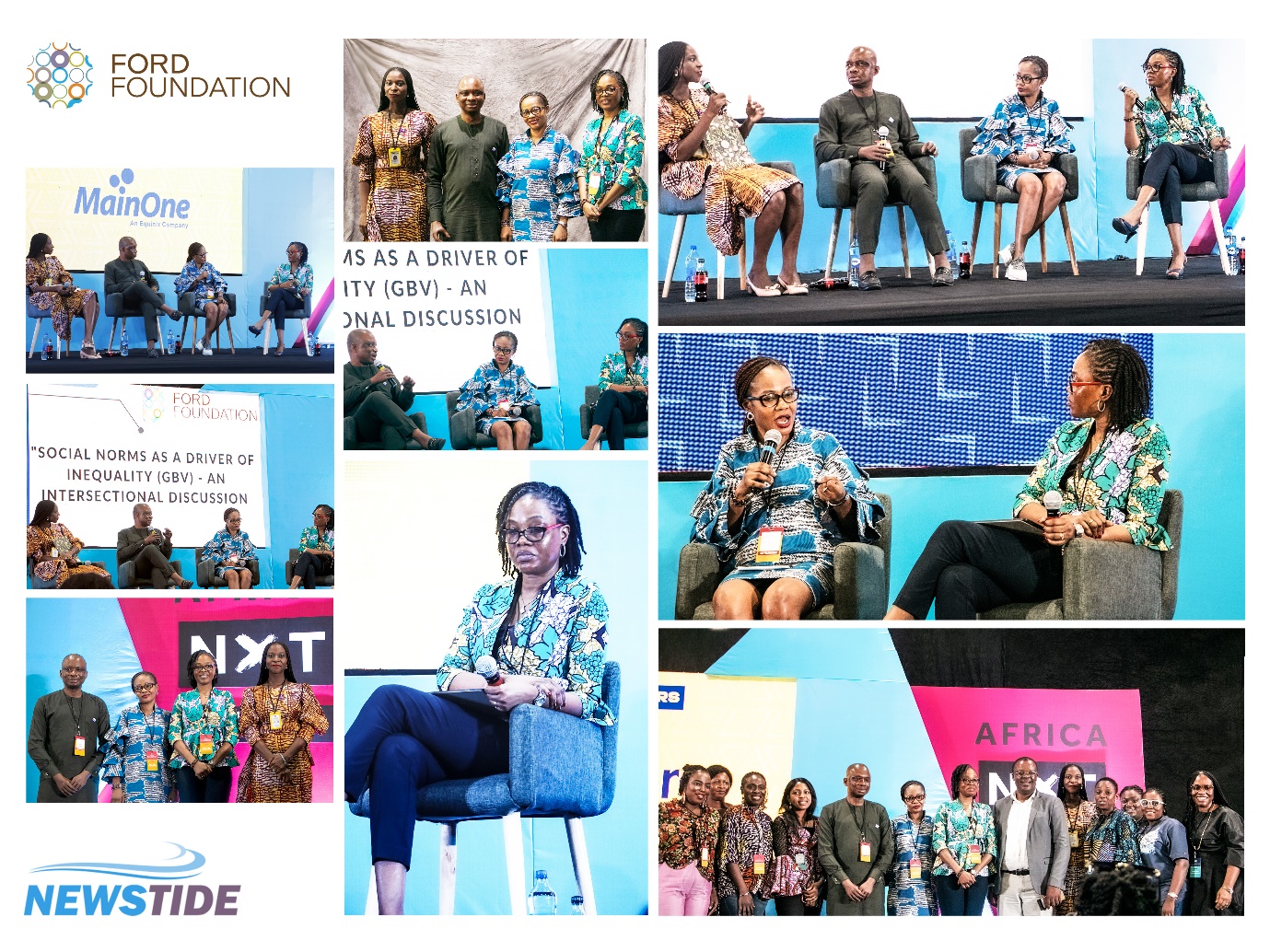













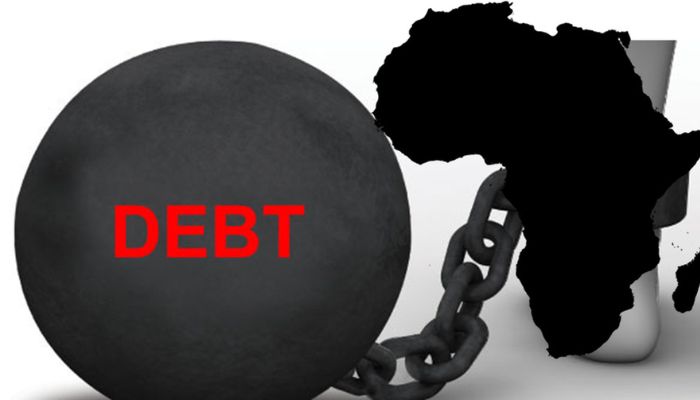

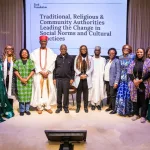
Follow Us